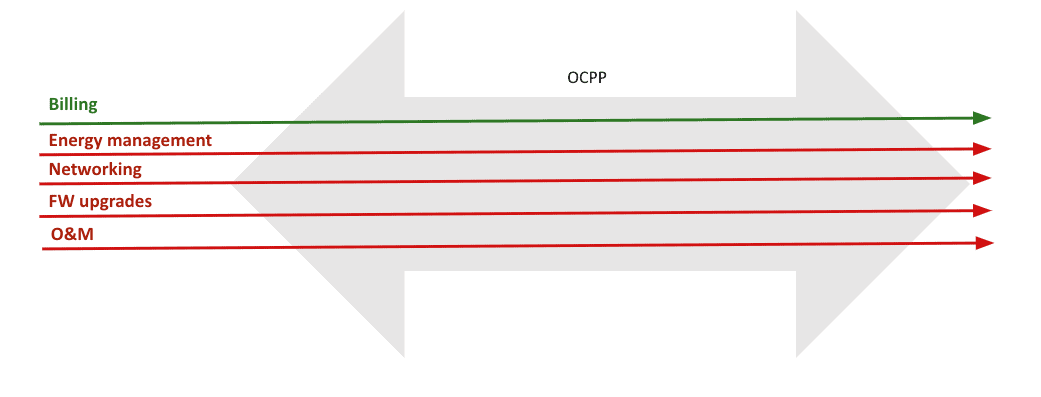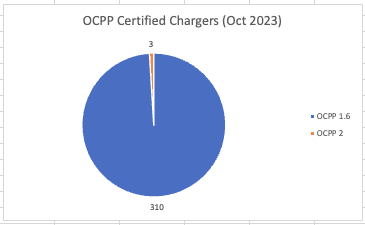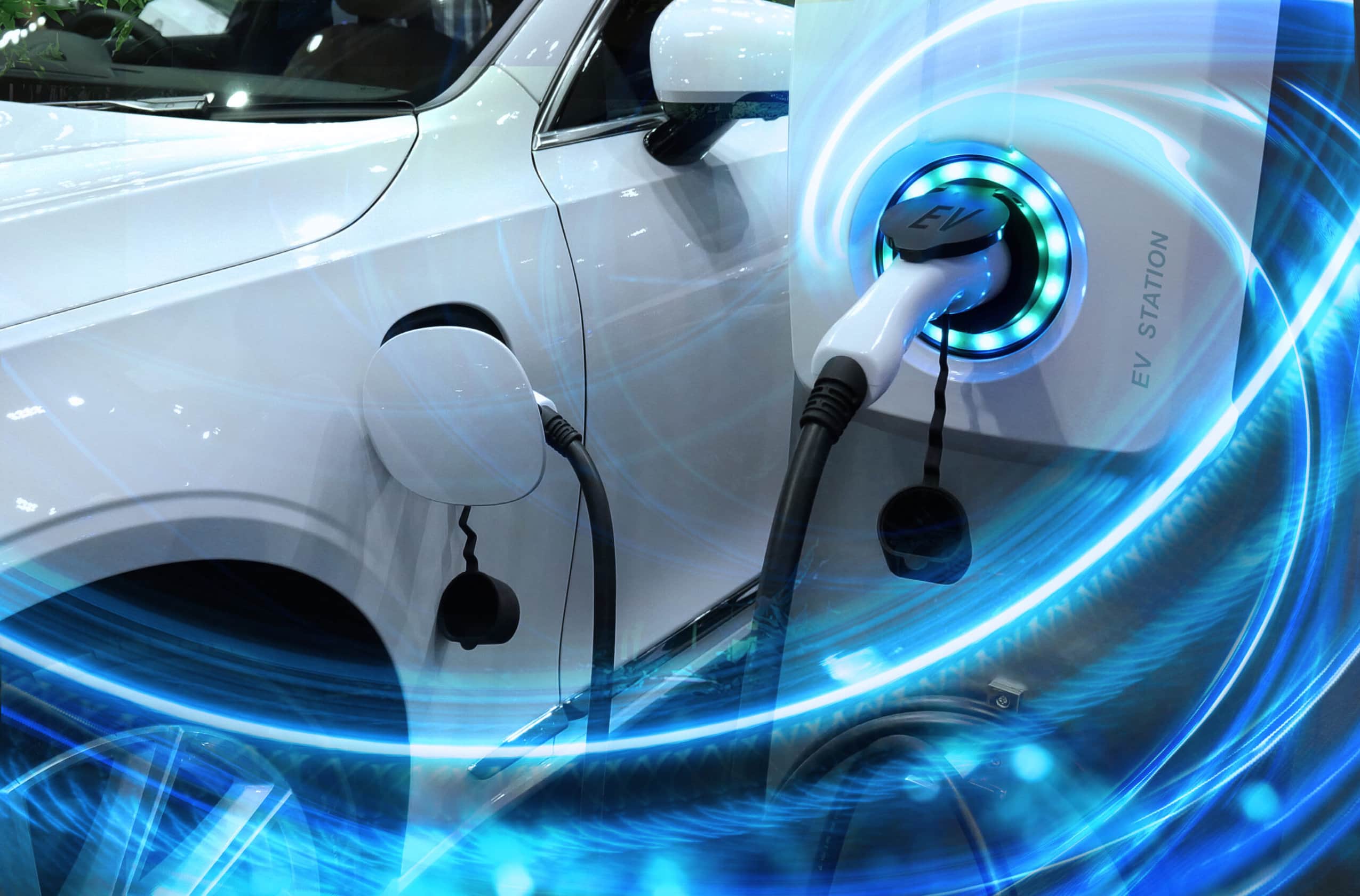OCPP 1.6 is the most mature and widely deployed version of the OCPP protocol. OCPP1.6 defines a communication standard between electric vehicle charge points (CP) and charge point management systems (CPMS). The protocol enables various features and functionality, including real-time monitoring and control, load balancing, energy management, smart charging, and billing.

OCPP1.6 Protocol versions
The most common versions today are:
- OCPP 1.6: This version was released in 2016 and introduced features such as smart charging, demand response, and load management.
- OCPP 2.0.1: This version was released in 2020. It introduced new features such as multiple connectors, charge point groups, and improvements to the user experience.
OCPP 1.6 vs 2.0.1 acceptance
Despite being introduced in April 2018, OCPP 2.0.1 has not been widely accepted yet. According to the Open Charge Alliance, as of October 2023, the number of chargers certified for OCPP 1.6 was 310, compared to only 3 (three) certified for OCPP 2.0.1 See a table of all certified chargers here.

Why the slow adoption of the newer version?
There are multiple reasons why charger and management system vendors are so reluctant to upgrade to the newer protocol versions, the main of which include:
- Reason 1: It’s bloody expensive – Our EV networks are made up of thousands of charge points, many of which are connected to management systems. Those were initially designed to work with OCPP1.6. Replacing or upgrading them takes time and budget.
- Reason 2: It’s not backward compatible – The protocol designers did not make it backward compatible. This means an OCPP 1.6 charger can not speak to an OCPP 2.0.1 management system and vice versa. This miserable design choice means that manufacturers have to develop and support both versions at the same time. This takes more time, development effort, and computing resources (CPU, memory) at the charger level.
- Reason 3: It’s not needed – The main novelties in OCPP 2.0.1 were security, plug to charge, and V2G. However, due to the slow adoption of the new standard, extensions to the original protocol versions were made, which supported all these features. The OCPP 1.6 security whitepaper, for example, addresses most security concerns. Today, most real-world deployments of plug-to-charge and V2G run on OCPP 1.6.
NEVI to the rescue?
The National Electric Vehicle Infrastructure (NEVI) is a $5 billion US federal program to build out a nationwide network of DC fast-charging EV stations, launched in February 2022.
One of the NEVI charger requirements is that chargers and charging networks conform to OCPP 2.0.1 by February 2024.
Unless changed or delayed, this requirement is expected to accelerate the new standard’s implementation by DC charger providers and software management systems.
What does the future hold for OCPP 1.6?
OCPP1.6 is here to stay. The lack of backward compatibility will deter many hardware providers from switching to the new standard, and the millions of chargers deployed with OCPP 1.6 will require management systems to continue to support it. However, regulations such as NEVI may accelerate the implementation of the newer versions, which will have to live side-by-side with the existing deployments


